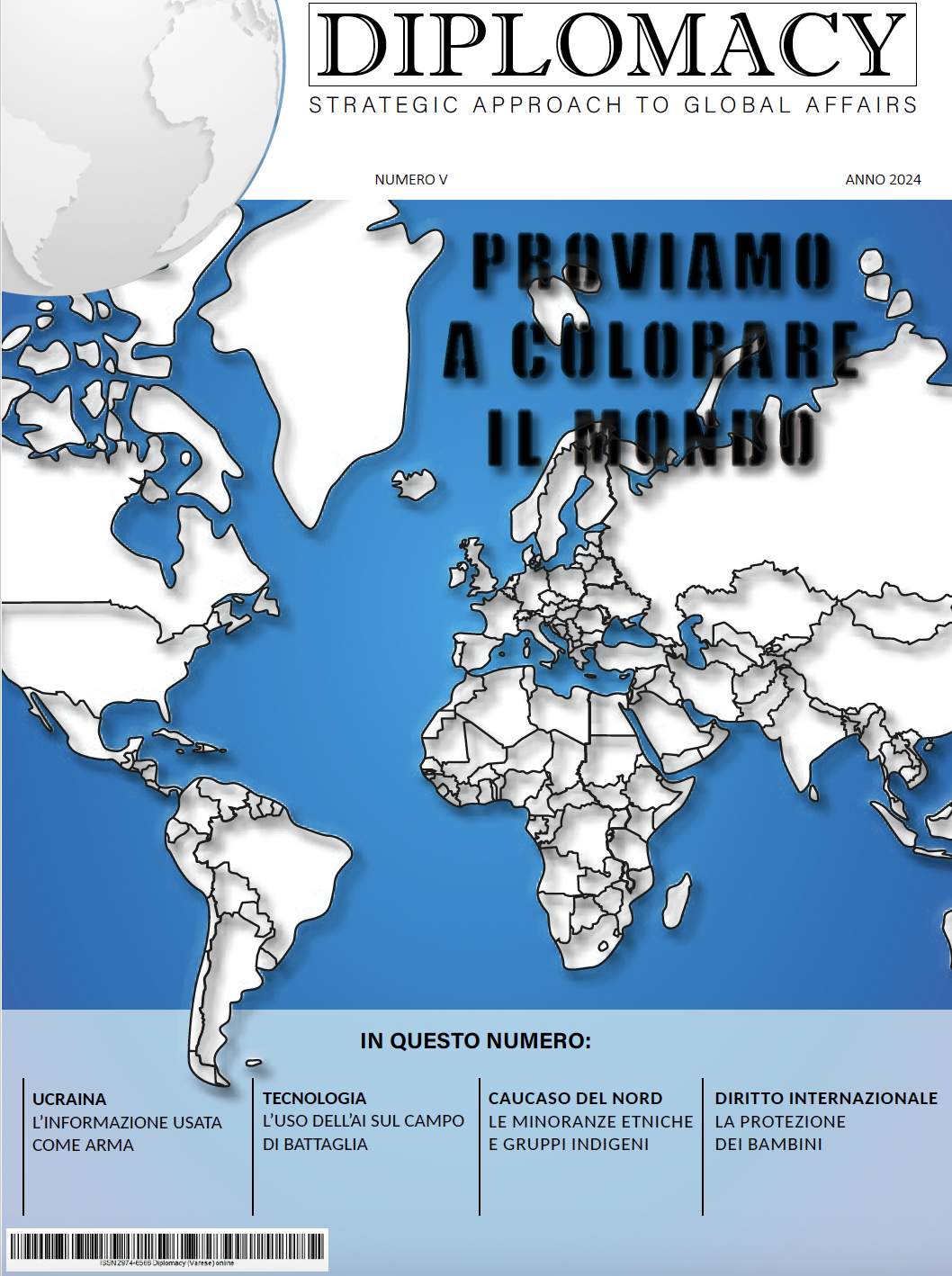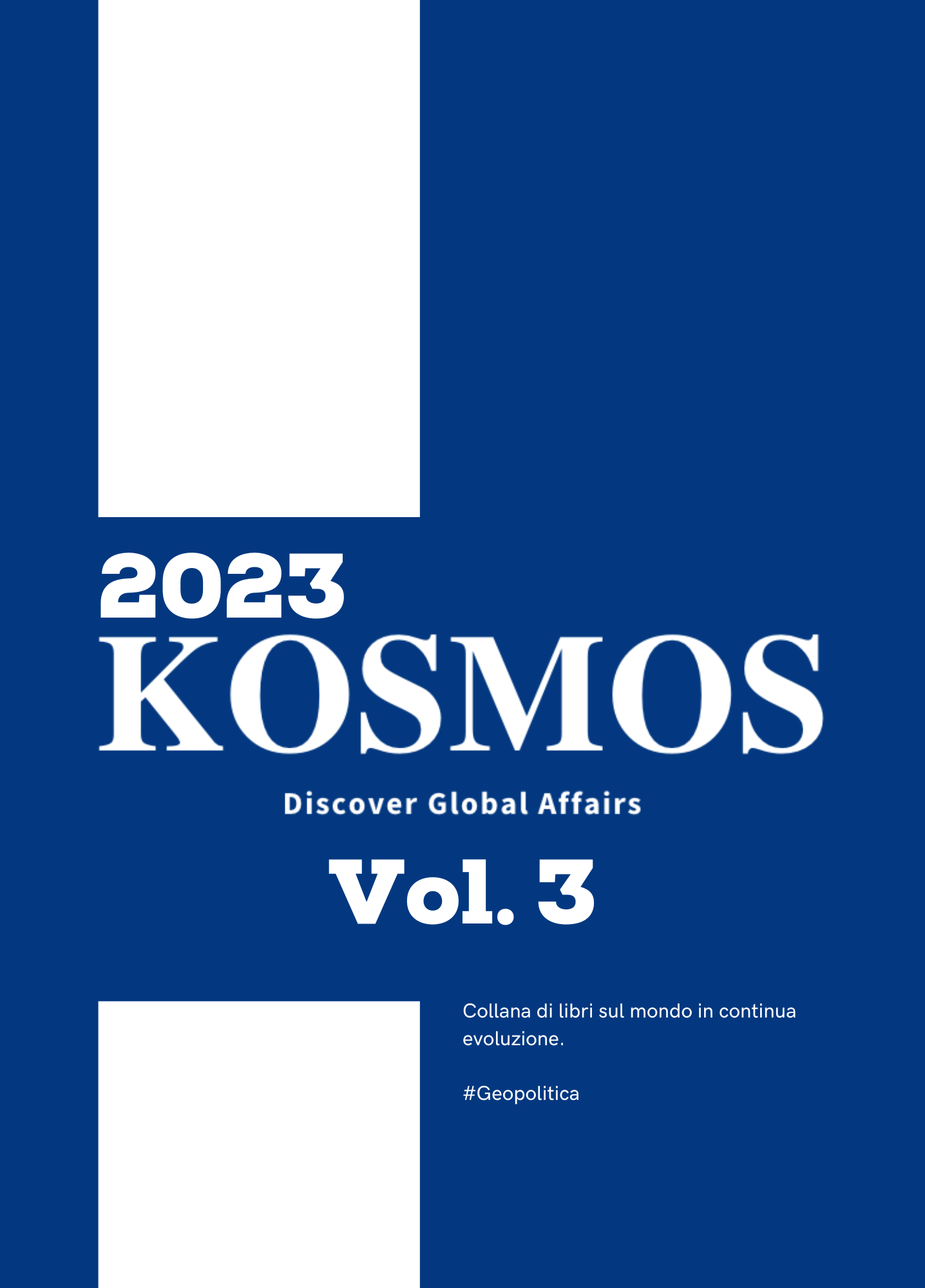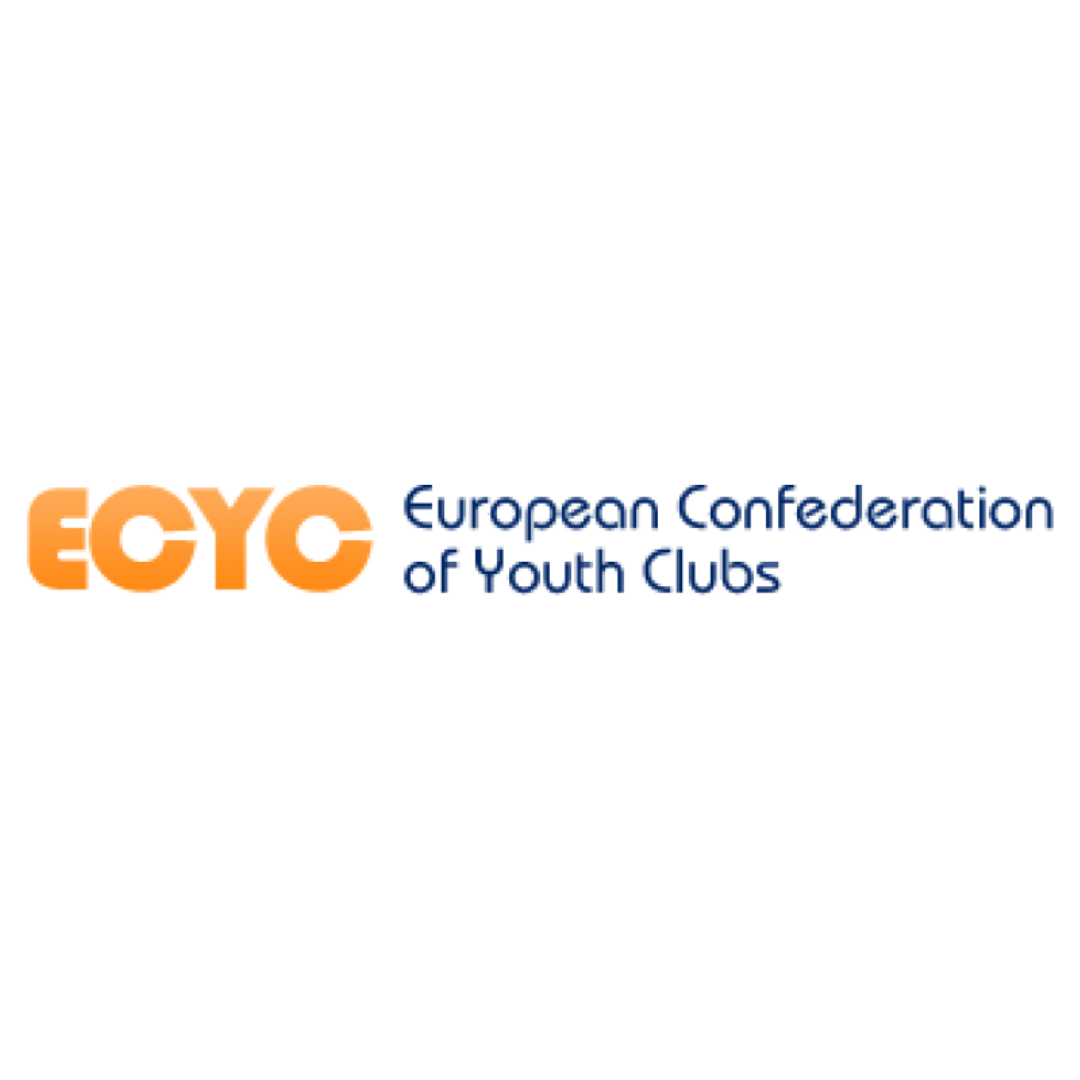25 April 2024
Countering terrorism in the Sahel region: an ongoing battle and the new Joint Force between Niger, Mali and Burkina Faso.
VISUALIZZA24 April 2024
Iraqi oil crosses the borders: Iraq expands into the European market through Greece
VISUALIZZA23 April 2024
Conseguenze economiche della chiusura del rubinetto russo e della guerra in Medio Oriente su Francia e Algeria: una crisi in evoluzione
VISUALIZZACall for Papers
Diplomacy
"International Affairs" quarterly magazine to learn and find out about events around the world.
Kosmos
"KOSMOS" series of books on geopolitics around the world. From South America to Asia, from North America to Australia, via Europe and Africa. Without forgetting the poles.
Kosmos
"KOSMOS" series of books on geopolitics around the world. From South America to Asia, from North America to Australia, via Europe and Africa. Without forgetting the poles.
Growing a New Future
Cultural Diplomacy
Mondo Internazionale operates in the field of cultural diplomacy, promoting and carrying out international cooperation activities of a youth, intercultural, multicultural, interdisciplinary and intergenerational nature.
"Even if we are online, we love Human Connections"
With a digital driven approach, Mondo Internazionale favors the development of a multicultural dialogue between young talents from all over the world by inserting them into a structured and innovative reality. Digital connections and support to Universities, Institutions and Companies at national and international level are the fundamental means for the development of global synergies.
Learning by doing
The activities promoted by Mondo Internazionale give all members the opportunity to pursue educational growth and develop interdisciplinary and intercultural skills through a learning by doing approach in an environment structured on the business model that provides for interactions between different cultures and disciplines in the international arena.
Young people have the opportunity to develop their skills in the five areas: the four divisions - Mondo Internazionale Academy, Mondo Internazionale Post, Mondo Internazionale Hub and Mondo Internazionale Geostrategic Earth Observations - G.E.O. and the Administration area.
Each individual is a fundamental resource on which to invest in charting a successful course towards social development on a national and global level.
About us
Al via “Diplomazia e Public policy”, il nuovo Master alla LUM School of Management nella sede di Milano. Un punto di riferimento per le professioni del futuro.
Geopolitica: alla School of Management dell’Università LUM di Milano da maggio un Master per formare figure professionali nella public diplomacy






















































